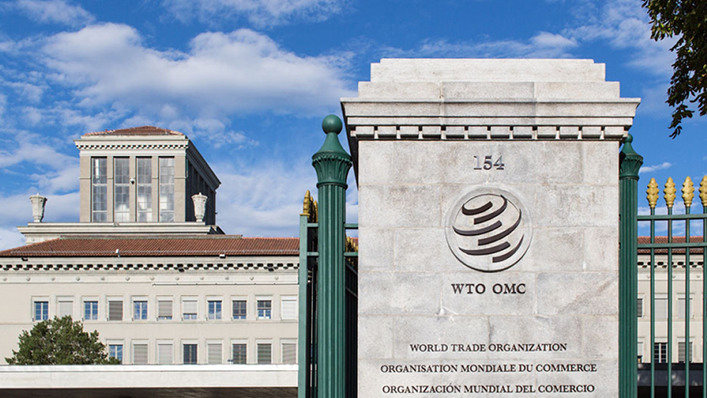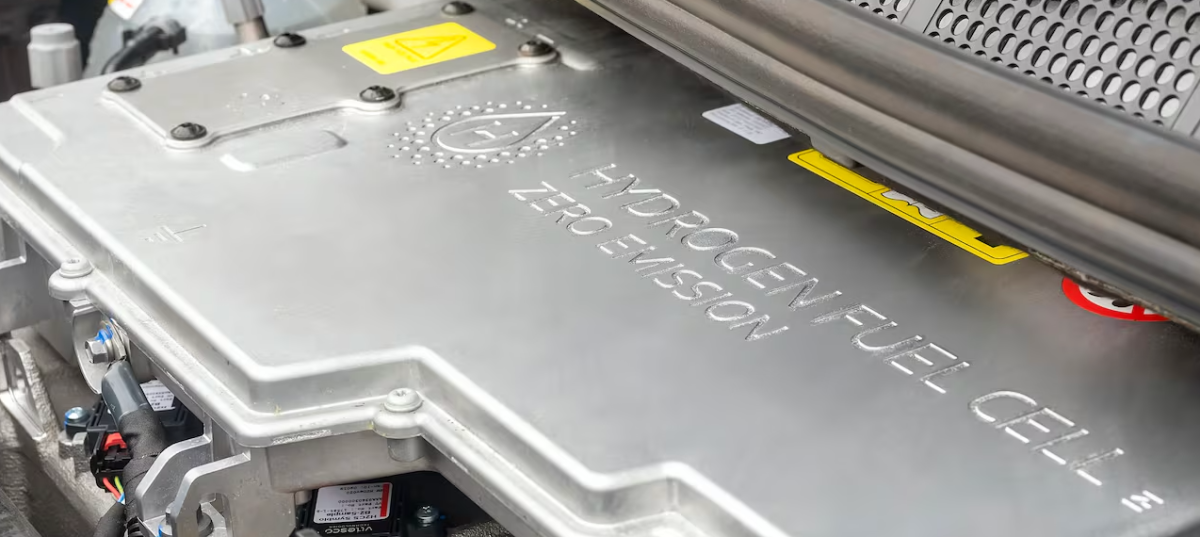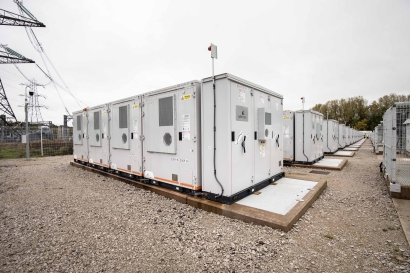A New Bill in Congress Aims to Eliminate Loopholes in Rolling Stock Procurement
The STOP China Act would prevent federal financial assistance awarded by the U.S. Department of Transportation from flowing to companies backed by the Chinese government. In late 2019 Congress passed bipartisan legislation to keep Chinese state-owned and -supported enterprises from […]


The STOP China Act would prevent federal financial assistance awarded by the U.S. Department of Transportation from flowing to companies backed by the Chinese government.
In late 2019 Congress passed bipartisan legislation to keep Chinese state-owned and -supported enterprises from securing taxpayer-backed, federally funded federally funded contracts for rail cars, buses, and other forms of “rolling stock” vehicles used in transit projects. In 2024 Congress expanded this federal restriction to include airport vehicles, like shuttles and trams, used at airports. In 2025, Republicans and Democrats in the U.S. House of Representatives are trying to close loopholes being exploited to circumvent these laws.
The Safeguarding Transit Operations to Prevent (STOP) China Act (H.R. 4361), introduced by Reps. Rick Crawford (R-Ark.) and Ro Khanna (D-Calif.), would ensure that no federal financial assistance awards from the U.S. Department of Transportation are used to buy rolling stock vehicles or powertrain components from countries under China’s influence. It would also require that a list of restricted entities be made available to the public.
The concerns about circumvention are real. For instance, a House committee this May wrote to BYD North America, a subsidiary of a China-headquartered company, about its “recent efforts to rebrand operations under the RIDE Mobility banner, a move that appears designed to portray your business as a U.S.-based domestic manufacturer” because it “creates the appearance that your companies are seeking to circumvent procurement restrictions or avoid scrutiny applied to PRC-affiliated firms seeking access to the U.S. electric vehicle market.”
The problem with allowing China-backed companies to participate in these kinds of procurement markets are myriad. China’s rolling stock manufacturers benefit from massive direct and indirect subsidies, and have reported connections to the Chinese Communist Party, the People’s Liberation Army, and firms like Huawei. U.S. tax dollars shouldn’t further China’s penetration into American critical infrastructure, nor should they support business models that that displace its own supply chains and jobs.
That’s why the Alliance for American Manufacturing (AAM) joined a number of industry groups and labor unions in a letter sent to U.S. Senators in May to build support for this legislation in their chamber. “Absent passage of this legislation, entities Congress clearly intended to be restricted from our public infrastructure will continue to circumvent U.S. law,” the letter read.
As such, AAM is in support of the STOP China Act introduced today in the House. Said AAM President Scott Paul:
“America’s taxpayer dollars should not be used to support Chinese state-owned and -supported firms seeking to undermine market competition. Should we fail to make the STOP China Act law, China will seize any and all opportunities to eliminate its U.S. competition and penetrate our critical infrastructure. This is an unacceptable economic and national security risk that must be addressed.”
You can read our full statement here.
What's Your Reaction?

























































